
Carolyn Gramling is the Earth & Climate writer at Science News. Previously she worked at Science magazine for six years, both as a reporter covering paleontology and polar science and as the editor of the news in brief section. Before that she was a reporter and editor at EARTH magazine. She has bachelor’s degrees in Geology and European History and a Ph.D. in marine geochemistry from MIT and the Woods Hole Oceanographic Institution. She’s also a former Science News intern.

Trustworthy journalism comes at a price.
Scientists and journalists share a core belief in questioning, observing and verifying to reach the truth. Science News reports on crucial research and discovery across science disciplines. We need your financial support to make it happen – every contribution makes a difference.
All Stories by Carolyn Gramling
-
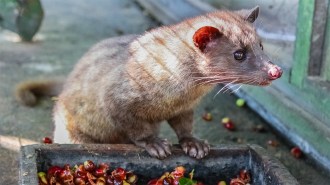 Chemistry
ChemistryCoffee beans pooped out by civets really are tastier. Here’s why
Pricey civet coffee gets its cred from its journey through the mammal’s gut, which changes the content of fat, protein, fatty acids — and even caffeine.
-
 Climate
ClimateCoral collapse signals Earth’s first climate tipping point
The global die-off of coral reefs signals a critical shift in Earth’s climate system with global environmental consequences along with economic ones.
-
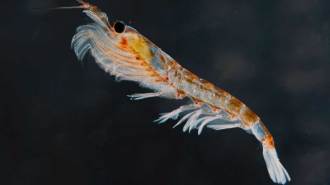 Climate
ClimateAntarctic krill eject more food when it’s contaminated with plastic
Antarctic krill don’t just sequester carbon in their poop; they also make carbon-rich pellets out of leftovers. But microplastics may throw a wrench in the works.
-
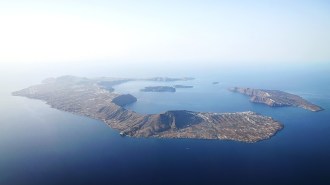 Earth
EarthTwo of Greece’s most dangerous volcanoes share an underground link
Seismic and land deformation data show that Santorini and Kolumbo draw from the same magma source, complicating eruption forecasts.
-
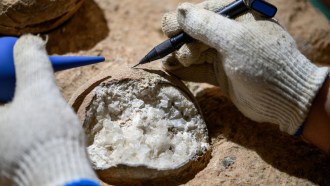 Paleontology
PaleontologyCrystallized dino eggs provide a peek into the tumultuous Late Cretaceous
Definitively dating the age of a clutch of fossil dinosaur eggs at a famous site in China may let scientists link eggshell features to environmental shifts at the time.
-
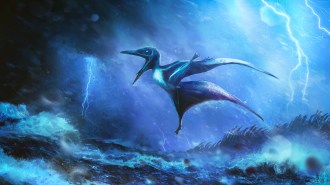 Paleontology
PaleontologyYoung pterosaurs probably died in violent Jurassic storms
Two hatchling pterosaurs with fractured arm bones point to ancient storms as the cause of mass casualties preserved in Germany’s Solnhofen Limestone.
-
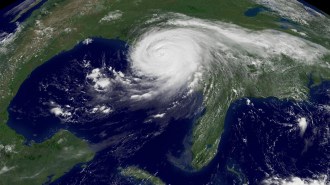 Earth
Earth20 years after Hurricane Katrina, is the U.S. better prepared?
Hurricane forecasts have improved since Katrina, but risks from climate change and budget cuts loom.
-
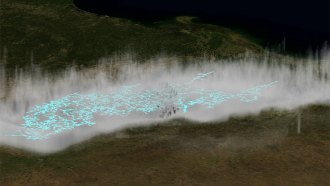 Climate
ClimateA Midwest ‘megaflash’ is the longest lightning on record
A reanalysis of satellite data shows that a 2017 Texas-to-Missouri lightning megaflash stretched 829 kilometers and lasted 7.39 seconds.
-
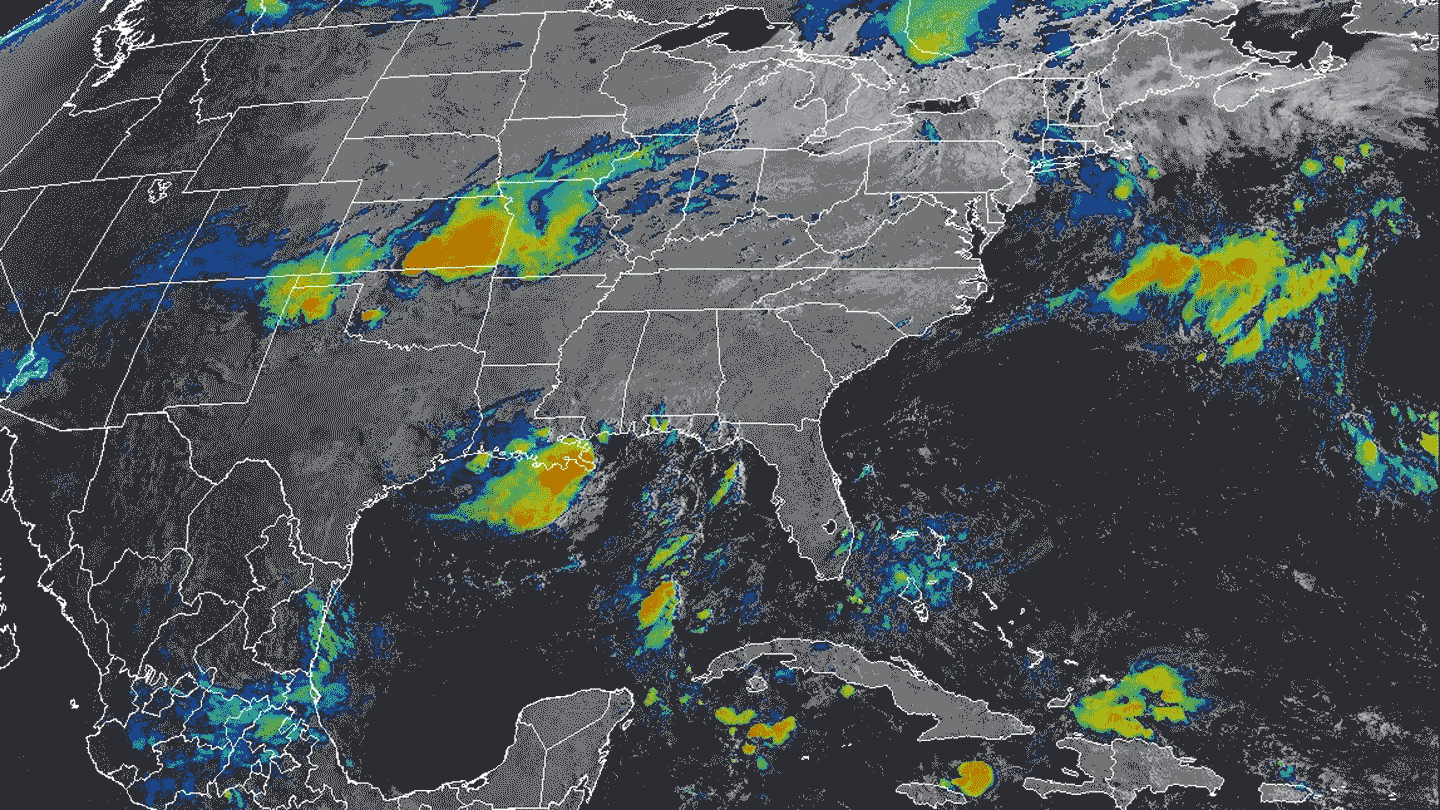 Climate
ClimateWhat to know about the extreme U.S. flooding — and ways to stay safe
An oceanographer explains how climate change, warming oceans and a souped-up atmosphere are creating conditions for deadly floods.
-
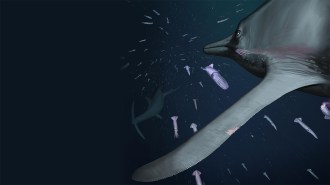 Paleontology
PaleontologyHow an ancient marine predator snuck up on its prey
Serrations at the edges of a fossilized flipper of the ancient marine reptile Temnodontosaurus suggests it may have been able to swim silently.
-
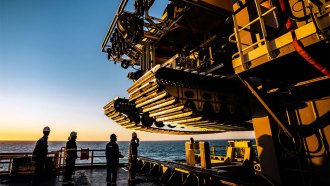 Oceans
OceansDeep-sea mining could start soon — before we understand its risks
The U.S. push to mine international waters for metals defies global efforts to control and protect these fragile ecosystems.
-
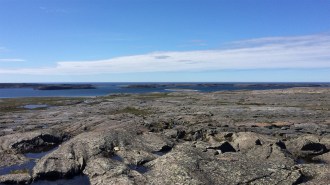 Earth
EarthEarth’s oldest rocks may be at least 4.16 billion years old
If the new age of these Canadian rocks is solid, they would be the first and only ones known to have survived Earth’s earliest, tumultuous time.